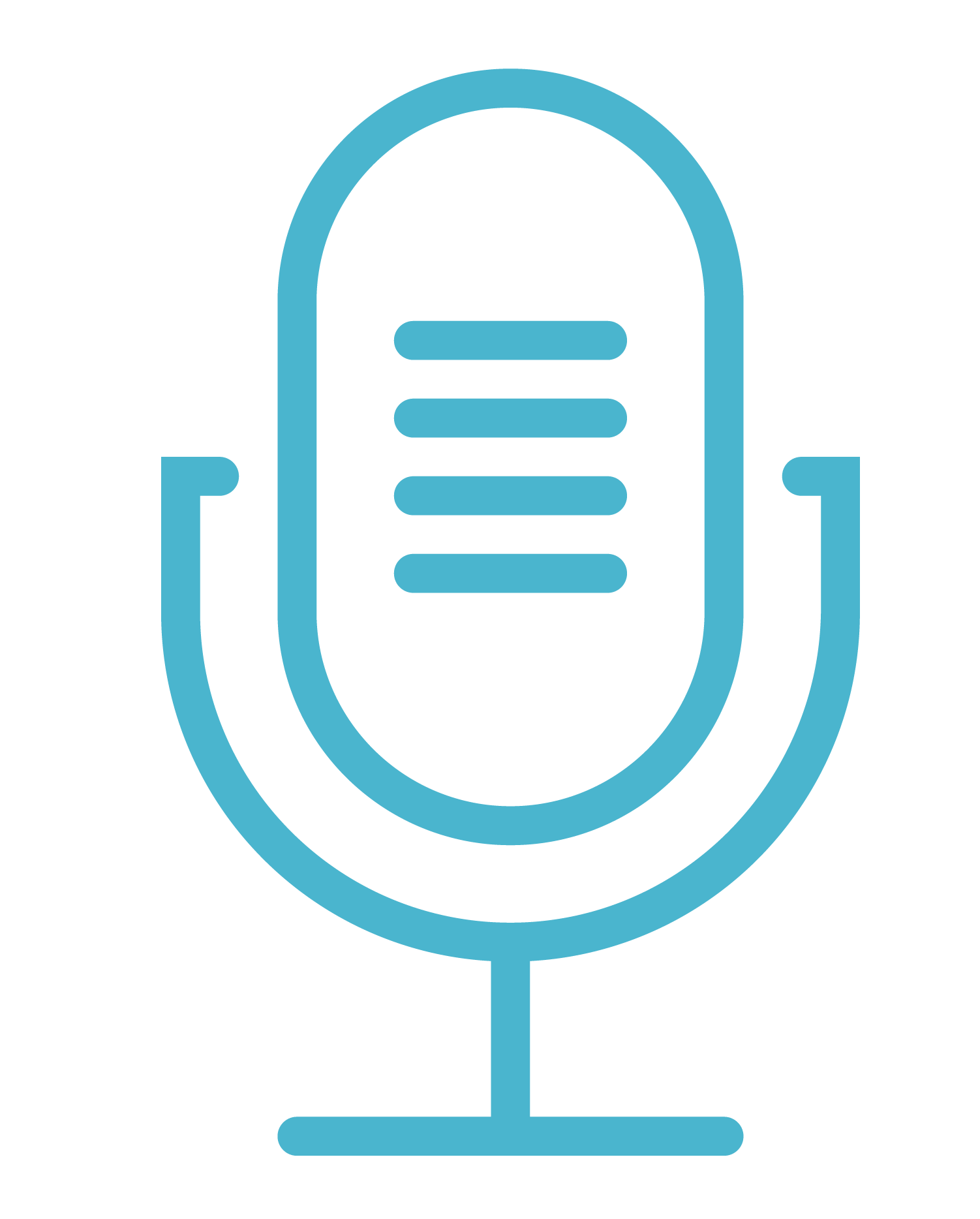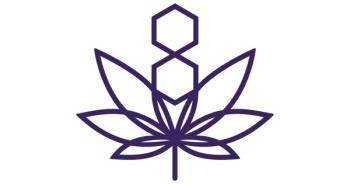
Medical Cannabis Insights, Part I: CannMed Medical Practicum Organizers Discuss Clinical Applications and Dosing

In this roundtable interview series, we speak to each of the organizers of the CannMed Medical Practicum to learn more about them and what attends can expect from the practicum. Here in part I, they share some of the clinical applications for medical cannabis and dosing information.
Founded in 2016 by
In this roundtable interview series, we speak to each of the organizers to learn more about them and what attendees can expect from the practicum. Here in part I, they share some of the clinical applications for medical cannabis and dosing information.
What are some of the clinical applications for medical cannabis?
Bonni Goldstein, MD: Medical cannabis can be useful for numerous conditions, including managing symptoms of neurodegenerative disorders, inflammatory gastrointestinal conditions, symptoms from cancer and cancer treatment, chronic pain, sleep disorders, and some psychiatric disorders. Because of the widespread distribution of the cannabinoid receptor, we know that the endocannabinoid system plays a role in almost every physiologic process and therefore can be utilized as a target for treatment.
Kevin Spelman, PhD, MCPP: Anxiety, seizure disorders, pain, mood disorders, sleep issues, and autoimmune disorders.
Dustin Sulak, DO: Chronic pain, insomnia, PTSD, nausea, and vomiting are certainly the most common, but a typical cannabis practice is full of refractory conditions from every other field in medicine, for example, psychiatry, gastroenterology, oncology, neurology, rheumatology, and so forth. Overall, cannabis is often an effective treatment when everything else has failed.
Eloise Theisen, RN, MSN, AGPCNP-BC: According to the National Academies of Sciences, Engineering and Medicine report on the health effects of cannabis and cannabiniods, there is moderate to substantial evidence to support the use of cannabis for chronic pain in adults, sleep disorders, chemotherapy induced nausea and vomiting, and muscle spasms in multiple sclerosis. Additionally, we are seeing more clinical data to support the use of cannabinoids for anxiety, depression, and PTSD.
How is medical cannabis dosed and what methods are being used by patients?
Bonni Goldstein, MD: Medical cannabis is different than most pharmaceutical medications, meaning there are no specific dosing recommendations for the vast majority of conditions being treated. Patients are advised to “start low and go slow” to customize their dosing regimen. The reasons for this include a wide inter-individual variation in absorption, metabolism, and excretion of the cannabinoids and other compounds in the plant. However, a clinician knowledgeable in cannabis dosing can help a patient negotiate dosing for the many products on the market, helping to personalize the patient’s dosing regimen. Methods of use include inhalation, ingestion, sublingual, topical and transdermal applications. Each of these has advantages and disadvantages that can help patients choose their preferred method, although many patients use multiple methods of use depending on symptoms, time of day and cost.
Kevin Spelman, PhD, MCPP: Dosing has a high interindividual variability. Best to start at very low doses and work up so the optimal "physiological" dose can be found (versus a "pharmacological" dose)
Dustin Sulak, DO: Cannabis is highly versatile and allows for individualized treatments that can often be fine-tuned to allow for all benefit and no adverse side effects. This fine-tuning includes delivery methods (oral, oromucosal, inhaled, topical), numerous varieties of cannabis with distinct properties. You can find more info at:
Eloise Theisen, RN, MSN, AGPCNP-BC: Cannabis is best when it is individualized to the patient's condition and goals of care. It is important to take a thorough health history and discuss the plan of care with the patient. Some patients may need low doses to achieve relief and others may need higher doses and that usually cannot be determined without considering many factors like age, gender, other health conditions, medications and previous or current cannabis experience. In some cases, patients may need multiple methods of administration to effectively treat their condition.
Check back next month for part II of this series where our roundtable will discuss the role medical cannabis can play in stopping opioid addiction and how it might interact with other medications. To find out more about the CannMed Medical Practicum, please visit:
**CONTINUING EDUCATION CREDITS: This course is provider-approved by the California Board of Registered Nursing, provider number 16845, for 9.5 contact hours.
About the Interviewees
Bonni Goldstein, MD, is the owner and medical director of
Kevin Spelman, PhD, MCPP is a researcher, clinician, educator and industry consultant that has advised the White House and the Department of Defense on natural products for regulatory guidelines and research on effective battlefield hemostatics, respectively. Dr. Spelman studied brain cancer, as well as CB1 and CB2 receptor binding as a Postdoctoral Fellow at National Institutes of Health and was the first researcher to elucidate cannabinoid ligands in Zanthoxylum spp. He has also carried out malaria and natural products research as a Marie Curie Research Fellow in the European Union and has focused on molecular techniques to elucidate the pharmacology of phytochemicals on human physiology and has 27 peer reviewed publications on medicinal plants. He has also been a senior R&D executive for multiple companies over the last decade. Dr. Spelman has considerable experience in medicinal plant, nutraceutical and cannabinoid research and has coordinated new product development, analytical and QC guidelines, research activity and educational curriculums for industry and universities over the last 30 years.
Dustin Sulak, DO
Dr. Dustin Sulak is an osteopathic general practitioner whose clinical practice focuses on treating refractory conditions in adults and children with an individualized, health-centered approach. Dr. Sulak received undergraduate degrees in nutrition science and biology from Indiana University, a doctorate of osteopathy from the Arizona College of Osteopathic Medicine, and completed an osteopathic rotating internship at Maine-Dartmouth Family Medicine Residency. Dr. Sulak is a founder of Integr8 Health, a medical practice in Maine that follows over 8,000 patients using medical cannabis, a cofounder of
Eloise Theisen, RN, MSN, AGPCNP-BC
Eloise Theisen is a board certified Adult Geriatric Nurse Practitioner who specializes in cannabis therapy. For over 20 years, Eloise has worked primarily with cancer, dementia and chronic pain patients. In the last 6 years, Eloise has focused her efforts on cannabinoid therapies. Since then she has worked with over 6000 patients to help them effectively treat age-related and chronic illness with cannabis. Eloise is a co-founder and the Chief Executive Officer of
Newsletter
Unlock the latest breakthroughs in cannabis science—subscribe now to get expert insights, research, and industry updates delivered to your inbox.




